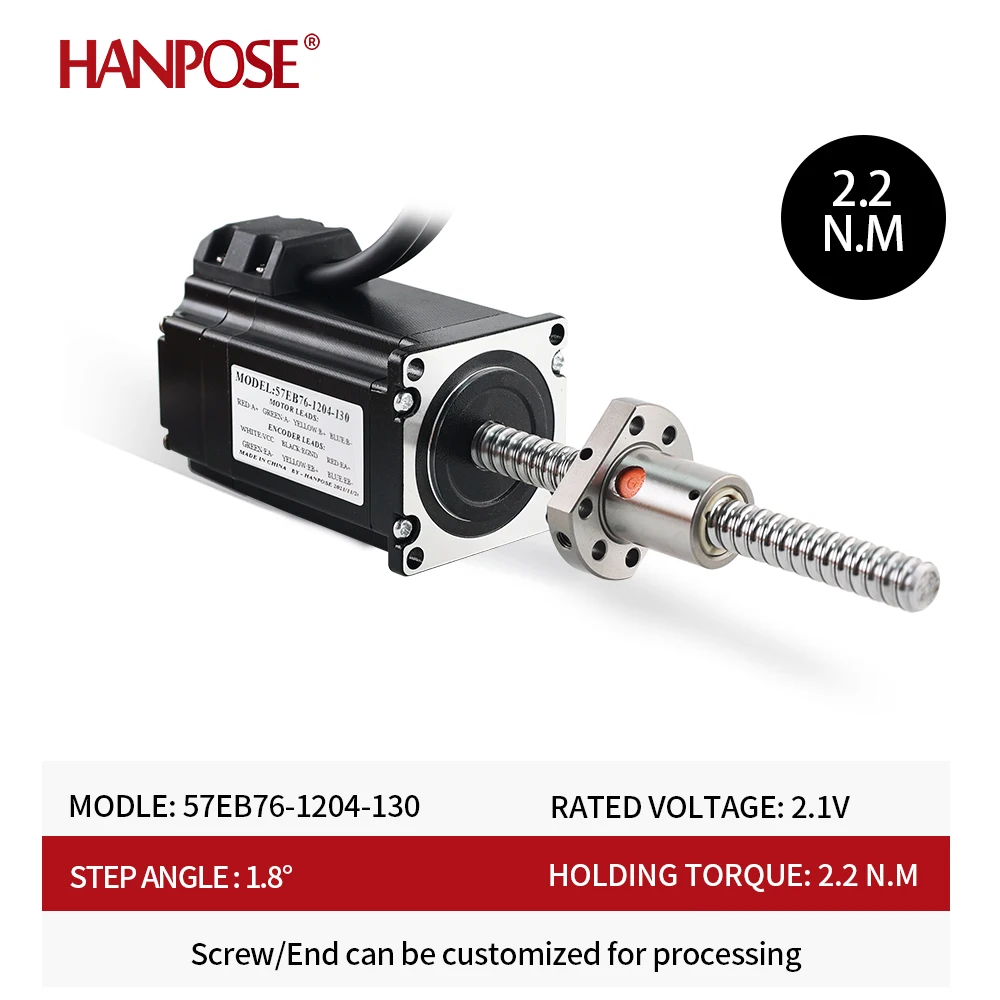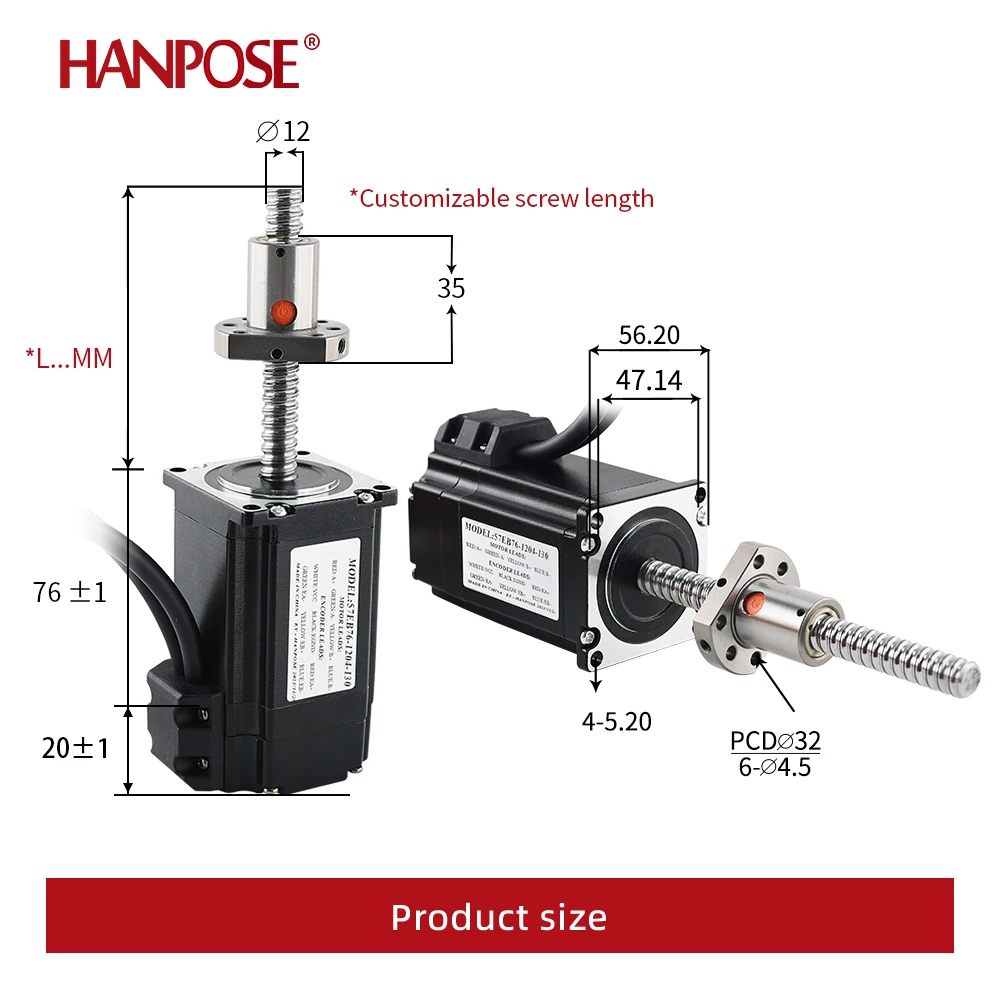In an industrial environment when looking at machinery and automation closed loop stepper controllers are of vital importance to achieve max accuracy and precision. However, what are closed loop stepper controllers and how do they work?
Closed loop stepper drives are devices used to pass commands to stepper motors and that responds to position, torque and velocity feedback from the motor in a closed loop manner. This feedback information is used by these controllers to instantly compensate the motor’s performance to ensure it reaches its exact position with the highest level of precision.
The most important advantage of the closed loop stepper controllers is the increased accuracy and precision. Through the constant feedback and corrective adjustments made to the motor, such controllers can correct for such factors as missed steps or mechanical perturbations, and the motor runs at maximum precision.

There are a number of benefits to using closed loop stepper controllers in industrial settings. One major benefit is the possibility of better precision and accuracy is something that’s critical to industries like fabrication, robotics, and 3D printing. Furthermore, such controllers may afford enhanced efficiency and reliability by reducing the likelihood of mishap and failure.

The secret behind closed loop stepper drivers - A feedback loop that constantly checks the motors position. This feedback data is fed back to the controller, which in turn controls and refines the movement of the motor to attain its intended position. With this technology you can experience accurate operating convenience and low speed precision control to perform variety of applications.

To ensure closed loop stepper controllers are working their best, it is crucial the controller gets calibrated right and the feedback is working reliably. Furthermore, consistent care and watching of the controller can prevent the presence of mistaked and the breakdown of the machine, and make the motor work at optimal performance.